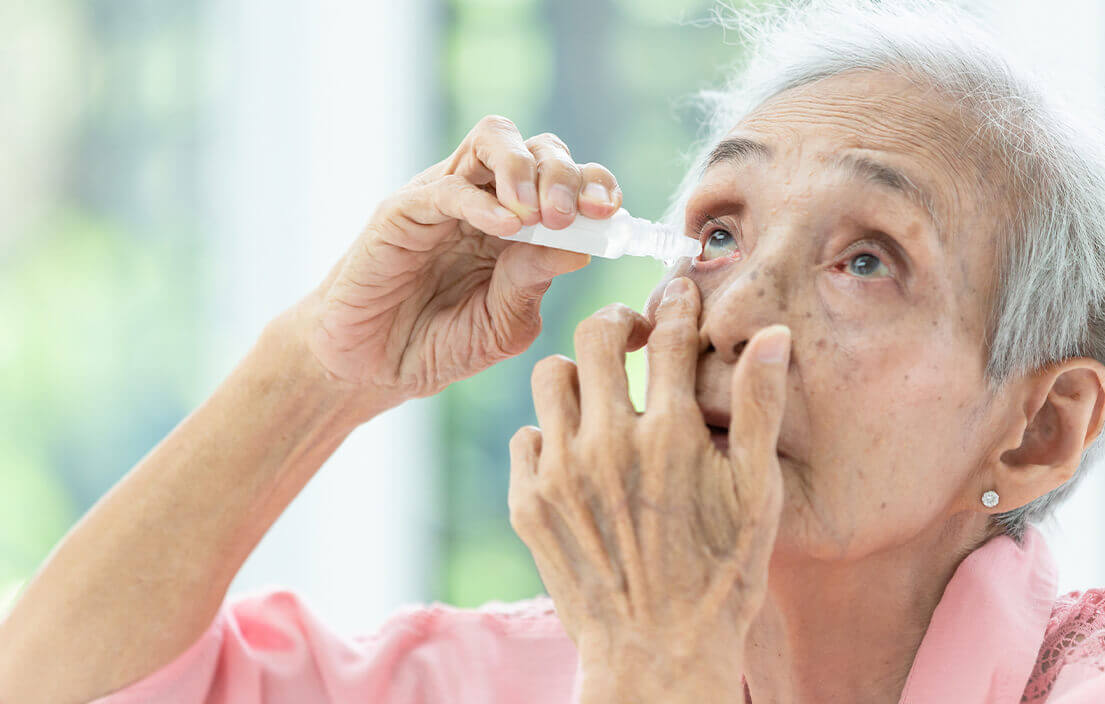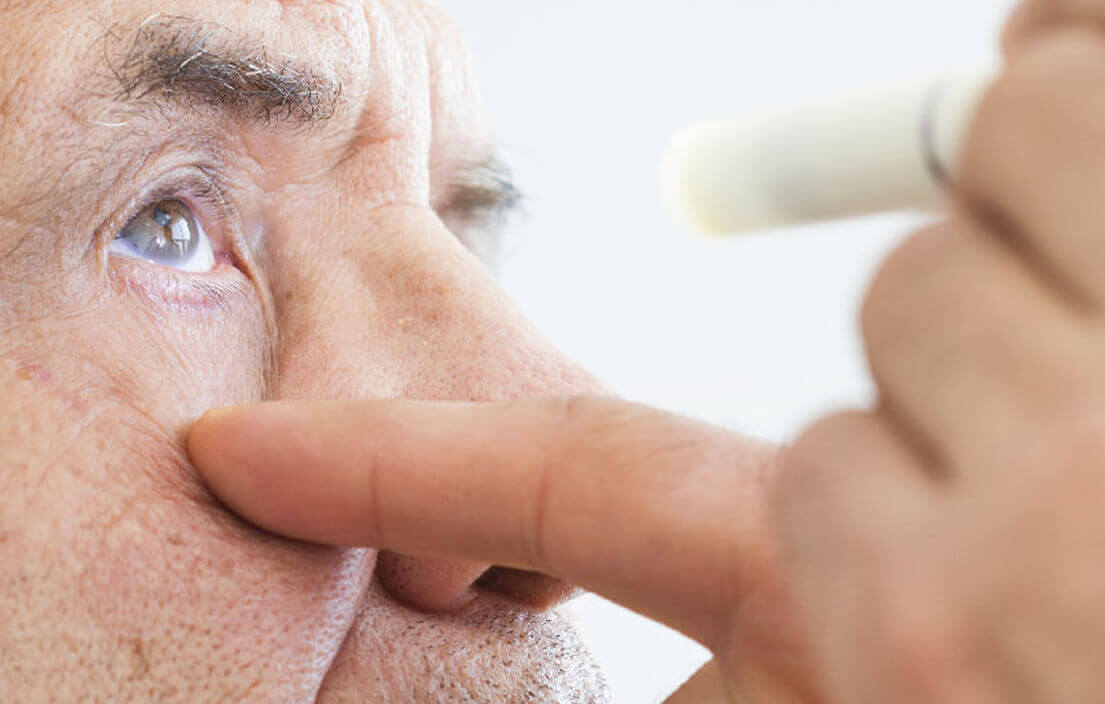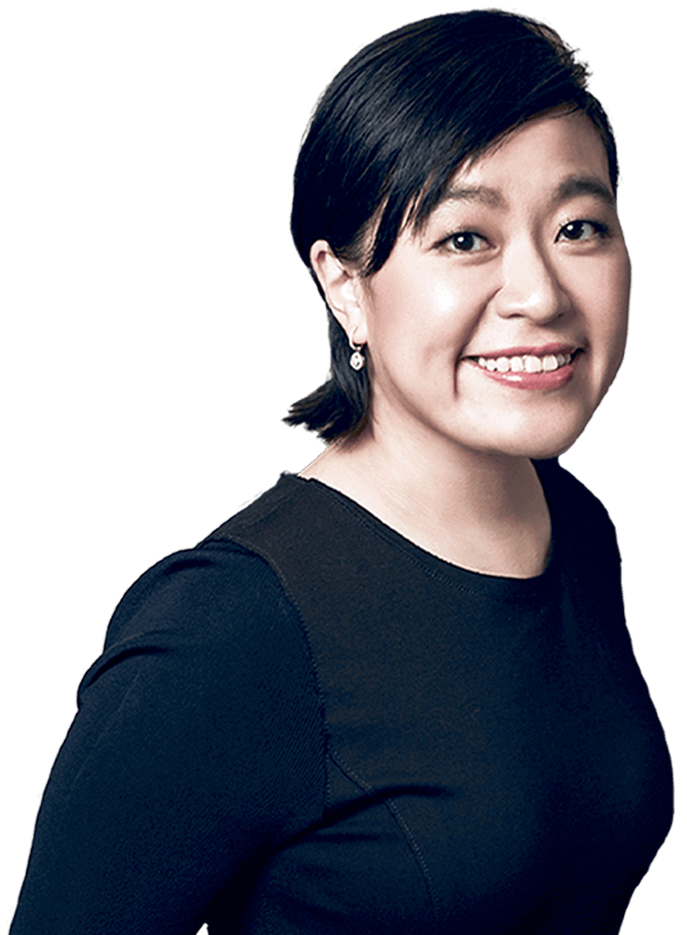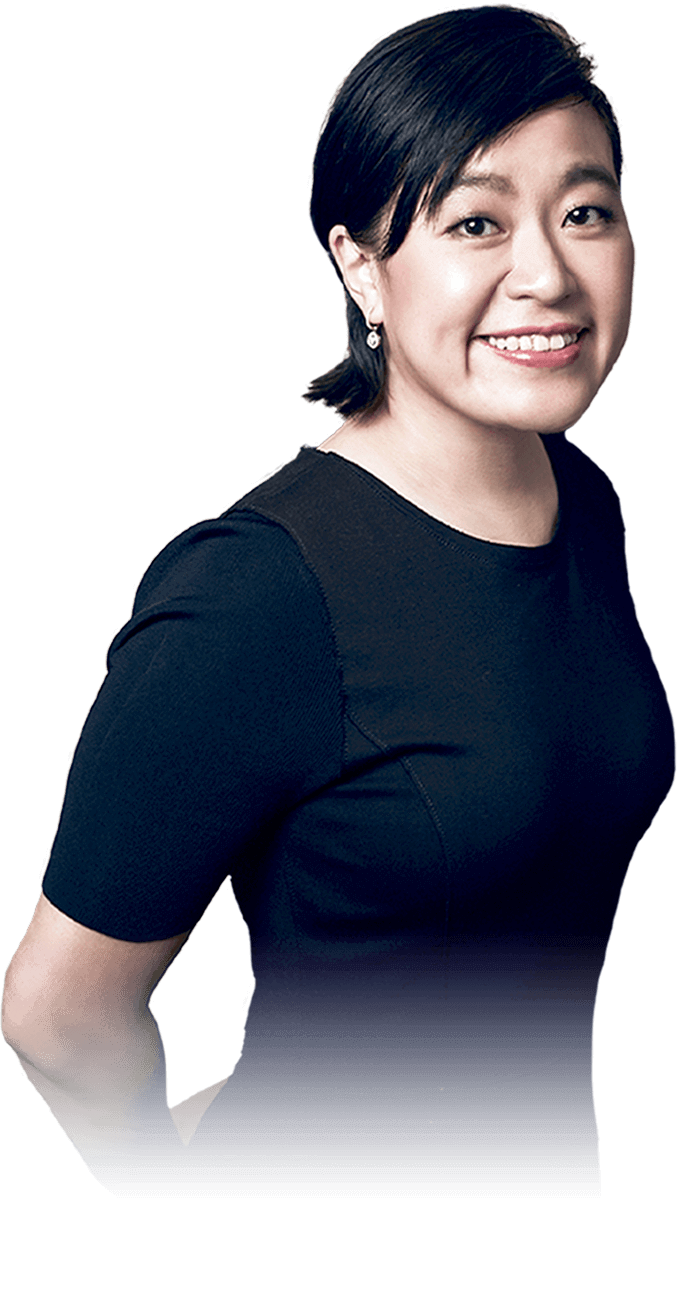20+Years
of Ophthalmic
Experience
Globally
Recognised
Ophthalmologist
One-Stop
Eye Clinic from
Diagnosis to Treatment
What to Expect
Cataract surgery on 1 eye is a 30-minute day procedure performed in the hospital. Surgery for the right and left eye is performed on separate days. Having surgery done on both eyes at the same time is not recommended because of potential complications such as infections affecting both eyes.

Before Surgery
You may be instructed not to eat or drink anything 6 hours before cataract surgery. Your doctor may also advise you to temporarily stop taking any medication that could increase your risk of bleeding during the procedure. You will also need to apply eye drops before the procedure to prepare your eye. Let your doctor know if you take any medications for prostate problems, as some of these drugs can interfere with cataract surgery.
During the procedure
First, your doctor will place eyedrops in your eye to dilate your pupil. You'll receive local anaesthesia to numb the area, and you may be given a sedative to help you relax. If you're given a sedative, you may remain awake, but groggy, during surgery. During cataract surgery, the clouded lens is removed, and a clear artificial lens is usually implanted.

After the procedure
After cataract surgery, expect your vision to begin improving within a few days. Your vision may be blurry at first as your eye heals and adjusts. Colours may seem brighter after your surgery because you are looking through a new, clear lens. A cataract is usually yellow- or brown-tinted before surgery, muting the look of colours. You'll usually see your eye doctor a day or two after your surgery, the following week, and then again after about a month to monitor healing.

It's normal to feel itching and mild discomfort for a couple of days after surgery. Avoid rubbing or pushing on your eye. Your eye doctor may ask you to wear an eye shield on the day of surgery. She may also recommend wearing the eye shield for a few days after your surgery and the protective shield when you sleep during the recovery period. Your eye doctor may prescribe eyedrops or other medication to prevent infection, reduce inflammation and control eye pressure. After a couple of days, most of the discomfort should disappear. Often, complete healing occurs within eight weeks.
Contact your doctor immediately if you experience any of the following:
- Vision loss
- Pain that persists despite the use of over-the-counter pain medications
- Increased eye redness
- Eyelid swelling
- Light flashes or multiple new spots (floaters) in front of your eye
Our Cataract Surgeon
Dr Leo Seo Wei is a Senior Consultant Ophthalmologist in Singapore with over two decades of cataract experience under her belt. Throughout her career, the accomplished eye specialist has received numerous awards and valuable stints in ophthalmology, both in Singapore and the United States.
READ MORE

Dr Leo Seo Wei
Senior Consultant
Ophthalmologist

Dr Leo Seo Wei
Senior Consultant
Ophthalmologist
Experience & Innovation in Cataract Care
Not all cataracts need to be removed. However if left untreated, they will continue to develop and affect your vision. Seek an evaluation to assess your cataract condition
- Address
- Map
Dr Leo Adult & Paediatric Eye Specialist Pte Ltd
#10-04 Mount Elizabeth Medical Centre,
3 Mount Elizabeth, Singapore 228510
| Mon – Fri | : | 8:30am – 5:00pm |
| Sat | : | 8:30am – 1:00pm |
| Sun & PH | : | Closed |
Website maintained by Activa Media. All rights reserved.
WhatsApp for quick reply
